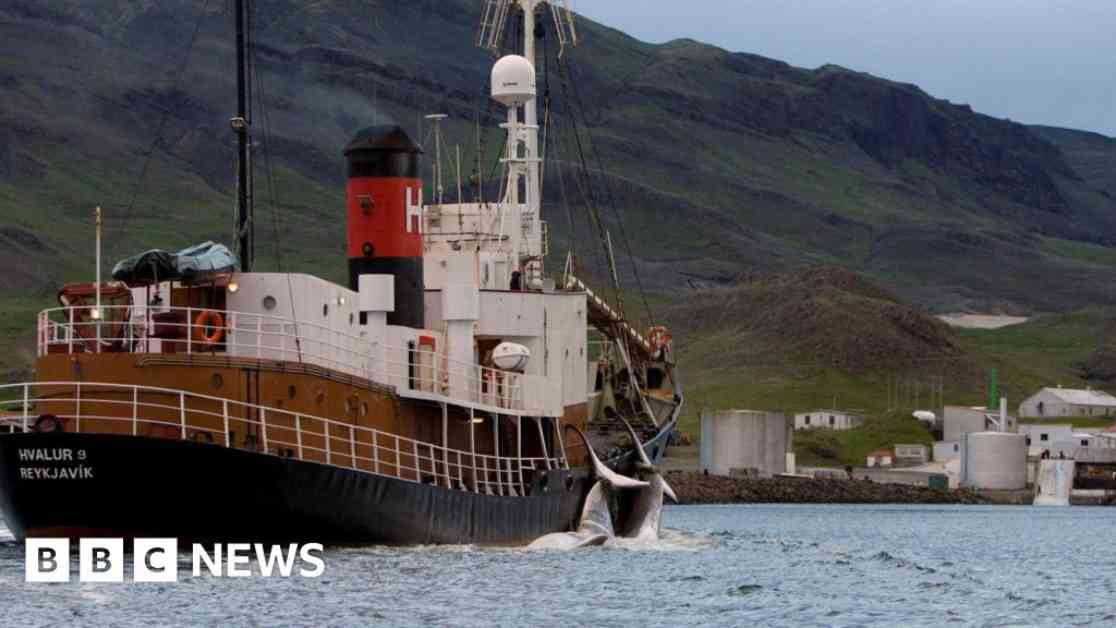Iceland’s government has recently sparked outrage and criticism by granting a licence to the country’s only whaling company, Hvalur, to hunt whales during the 2024 season. This decision has been met with condemnation from various animal welfare groups, including the Humane Society International, who have raised concerns about the immense suffering experienced by the whales during hunting.
Despite evidence of prolonged suffering and inhumane treatment of the whales, the Icelandic government defended its decision by stating that it is based on a precautionary approach and aims to promote the sustainable use of resources. The licence allows Hvalur to hunt a total of 128 fin whales, with specific quotas allocated for different regions in Iceland.
Iceland, along with Norway and Japan, is one of the few countries that still allow commercial whaling. The government’s decision to grant this licence comes in the face of growing opposition to the practice both domestically and internationally. A recent survey found that 51% of Icelanders are against commercial whaling, reflecting a shift in public opinion on this controversial issue.
Critics of whale hunting argue that fin whales, as the second-longest marine mammal after the blue whale, are particularly vulnerable to extinction and should be protected. The export of whale meat to Japan, where there is a demand for such products, has further fueled protests from conservation groups who advocate for the conservation of these majestic creatures.
It is essential for the Icelandic government to consider the ethical and environmental implications of allowing whale hunting to continue in the country. As awareness about the plight of whales grows globally, there is increasing pressure on governments to prioritize conservation efforts and protect vulnerable species from exploitation. The decision to grant a licence for whale hunting in Iceland has once again brought this contentious issue to the forefront, prompting calls for stricter regulations and greater respect for animal welfare.
